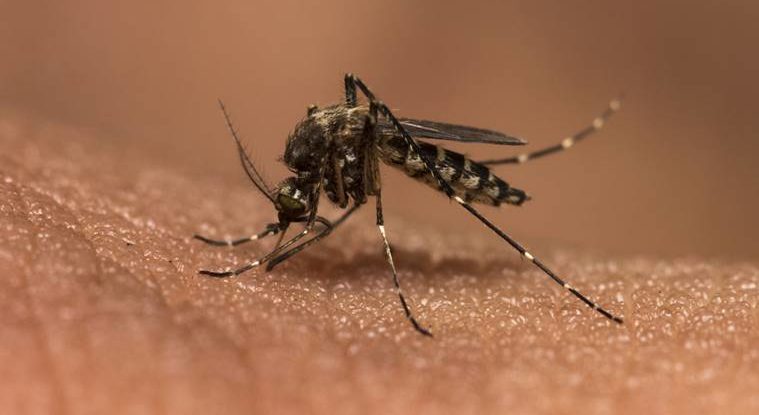The World Health Organisation (WHO) on Monday declared Sri Lanka Malaria-free, after certifying that the life-threatening disease had been completely eliminated in the island.
“Sri Lanka’s achievement is truly remark able. In the mid-20th century it was among the most malaria-affected countries, but now it is malaria-free,” WHO Regional Director, Dr. Poonam Khetrapal Singh, said here.
Sri Lanka’s road to elimination had not been easy. It demanded well-calibrated, responsive policies. For instance, after cases of malaria soared in Sri Lanka in the 1970s and 80s, the country revised its strategy, intensively targeting the parasite in addition to targeting the mosquito. “The change in strategy was unorthodox, but highly effective,” a statement from the WHO said.
The announcement came at the 69th Session of the WHO Regional Committee for South-East Asia Region, currently underway in Colombo. A delegation from India, led by Union Health Minister J.P. Nadda, is also in Colombo, participating in the event.
President Maithripala Sirisena – who served as health Minister in former President Mahinda Rajapaksa’s cabinet – and the Ministry of Public Health of the Democratic People’s Republic of Korea were on Tuesday conferred the ‘Excellence in Public Health’ awards by the WHO South-East Asia Region for “their remarkable and sustained role in the public health gains” of their countries.
Sri Lanka has, despite the protracted civil war that ravaged the country, set high standards in public health and sanitation in South Asia, though the island has been witnessing considerable privatisation in the last decade.
In regard to Malaria, India is in the “control phase”, but is working to reach pre-elimination by 2017 and to complete elimination thereafter, according to a 2015 WHO report.


Leave a comment